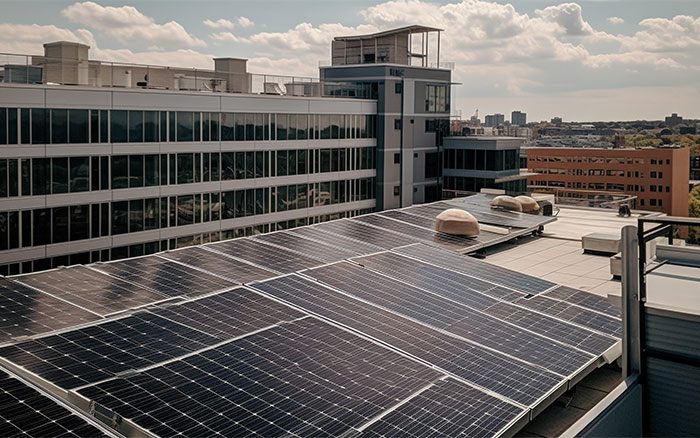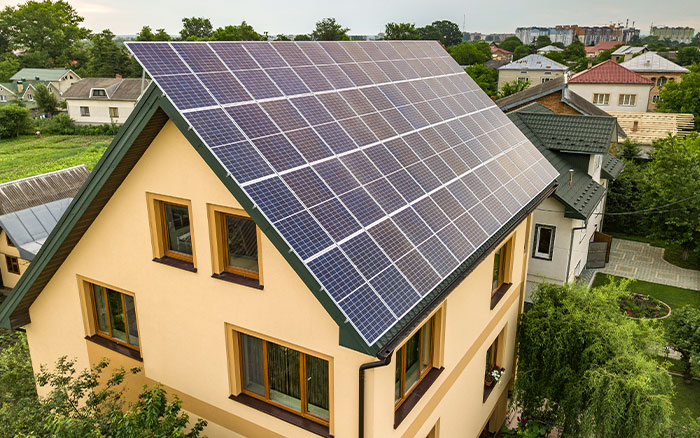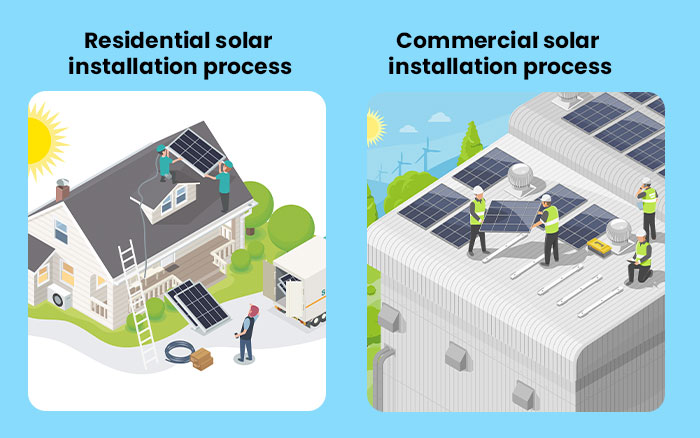Differences Between Residential and Commercial Solar Power
There are two types of solar energy systems: commercial and residential. There are advantages and disadvantages to both, so pick the best one for you.
Homeowners and businesses alike are increasingly interested in switching to solar energy. But with such growing interest comes an increase in demand. There are differences between solar panels, so consumers need to know about them. Study these distinctions if you're looking for solar solutions in Delaware. We look at the main differences between commercial and residential solar panels.
Residential and commercial solar panels

Commercial Systems
Renewable energy is defined in the National Electrical Code as energy generated without utility interconnection and sold commercially.
Residential Systems
Typically, grid-tied systems mean that they connect to the grid of a public utility and create solar power for homeowners to use. They can vary in dimensions, ranging from a few Kilowatts (kW) to many megawatts (MW). Commercial solar panels are usually larger, with some installations exceeding 1 GW.
Can commercial solar panels be used to power residential solar systems?
Yes, commercial solar panels can be used in a residential system, and a solar panel for residential use is a good choice for commercial systems. Still, there are a few differentiators in every solar panel.Commercial solar installations have higher energy output.
Commercial vs Residential Equipment

Residential and commercial solar installations require different equipment. Commercial solar power systems use more cells, inverters, and mounting systems. Power purchase agreements often accompany commercial solar installations.
The best solar panels for your house or business may not be commercial solar panels. Commercial solar panels could reduce your energy bills if you have a suitable space and money.
There are fundamental differences between residential and commercial solar systems. There are significant differences in energy consumption and costs between each.
How much power do residential and commercial solar panels typically produce?

Commercial solar panels

Residential solar panels

As a result, they are usually larger and more powerful than those for residential use. Energy costs can be lowered with commercial-sized solar panels. The efficiency of commercial solar panels can also be enhanced by customizing them.




